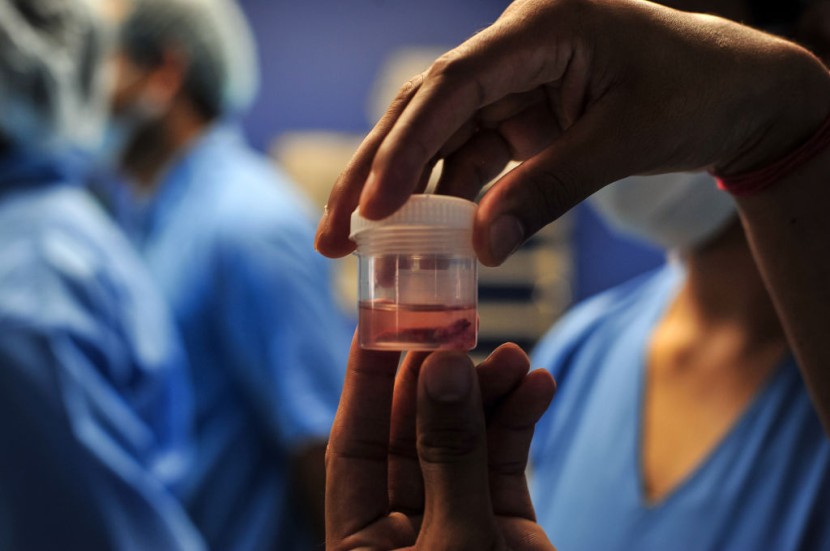
The Missouri Department of Health and Senior Services verified on Friday that a patient from Missouri died after becoming infected with a brain-eating amoeba while visiting an Iowa lake.
According to the Associated Press, the patient died of primary amebic meningoencephalitis, a typically fatal condition caused by the amoeba naegleria fowler.
First US Case of Brain-Eating Amoeba in 35 Years
The Des Moines Register was the first to disclose the Missouri resident's death. According to the Register, Missouri health officials have not named the patient, who was in the intensive care unit before dying.
The Missouri Department of Health and Senior Services was notified of the virus on July 6, according to the Register. In late June, the patient was reported to have swum in an Iowa lake suspected of harboring the amoeba. The Lake of Three Fires in Taylor County, Iowa, where the Missouri resident is suspected to have caught the amoeba, was closed as a "precautionary measure" earlier this month.
In a tweet, the Missouri Department of Health and Senior Services advised that while the amoeba "isn't infectious," it can be fatal if infected. According to the United States, the death rate for people who get primary amebic meningoencephalitis from Naegleria fowleri is more than 97 percent. It is frequently caught from rivers and lakes, just four persons have survived Naegleria fowleri in 154 instances documented in the United States, NBC News reported.
Naegleria is a single-celled ameba that can cause a rare disease, according to the Centers for Disease Control and Prevention. Primary amebic meningoencephalitis is a potentially fatal brain infection. The amoeba thrives in warm freshwater environments such as lakes, rivers, ponds, hot springs, and soil.
What Is Naegleria Fowleri?
When water carrying the amoeba enters the body through the nose, it infects individuals. The amoeba then passes via the nose and into the brain, where it damages brain tissue.
Missouri health authorities suspect the guy became infected at Lake of Three Fires near Bedford, Iowa, roughly two hours north of Kansas City. As reported by Missouri Department of Health and Senior Services, this is the first verified case in the state in 35 years.
Only 154 known cases have been documented in the United States since 1962. According to DHSS, the only other occurrence discovered in a Missouri resident happened in 1987. CDC statistics, three instances of Naegleria fowleri-related illnesses were recorded in the United States in 2021.
A three-year-old kid died last year after getting the waterborne brain-eating amoeba from a splash pad at a Texas park. The amoeba cannot be passed from person to person and cannot be contracted by drinking contaminated water.
Severe headaches, fever, nausea, vomiting, stiff neck, convulsions, changed mental state, and hallucinations are all possible symptoms. People can lower their risk of infection by decreasing the quantity of water that goes up their noses, according to health experts.
When partaking in water-related activities in bodies of warm freshwater, people are urged to use nose clips or keep their heads above water. Experts also recommend that individuals avoid submerging their heads in hot springs and other untreated thermal waters, according to The Sun.
Related Article : CDC Warns of Monkeypox Vaccine Shortage as Demand Outpaces Supply Due to Surge of Cases
@YouTube
© 2026 HNGN, All rights reserved. Do not reproduce without permission.








